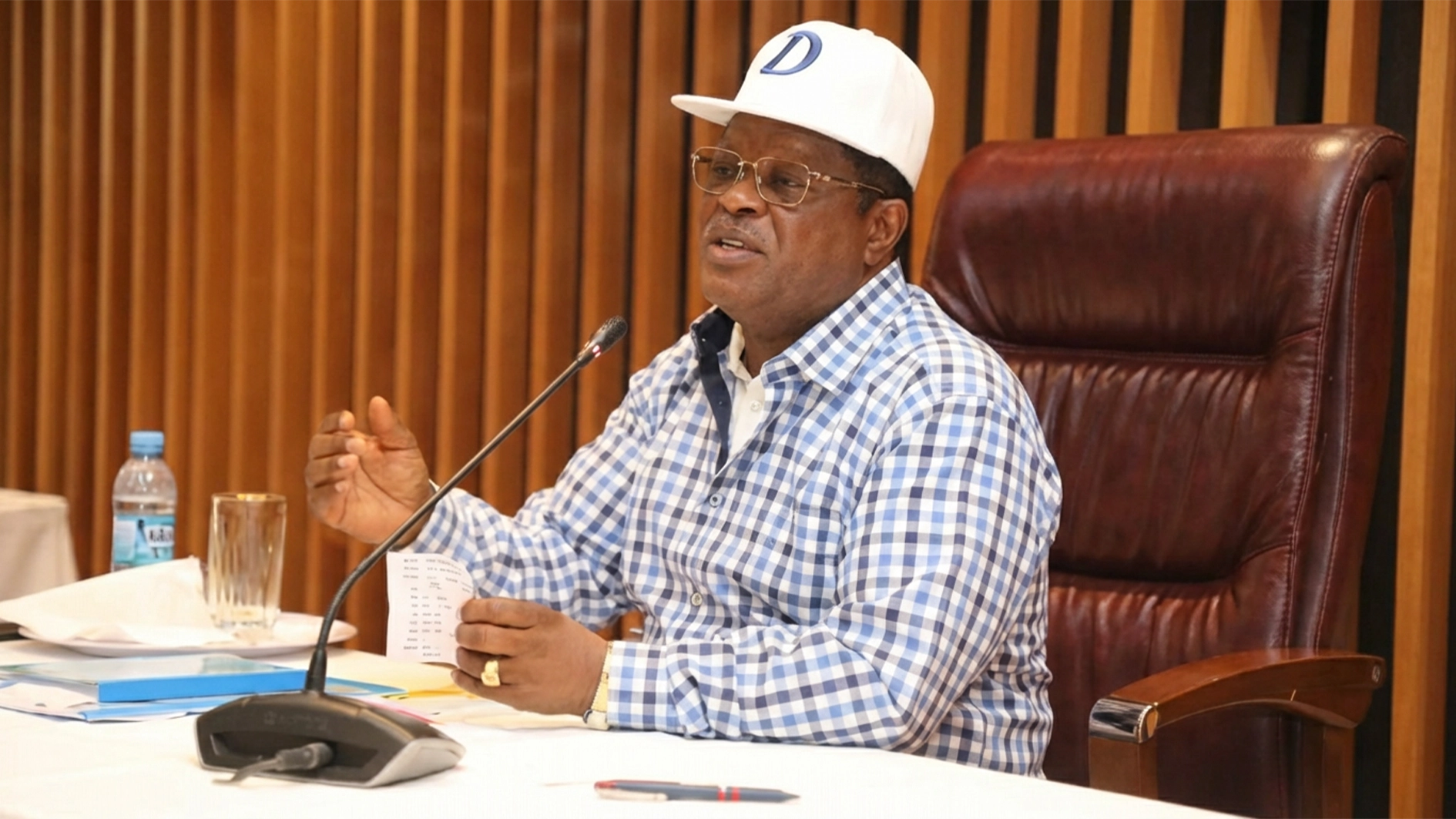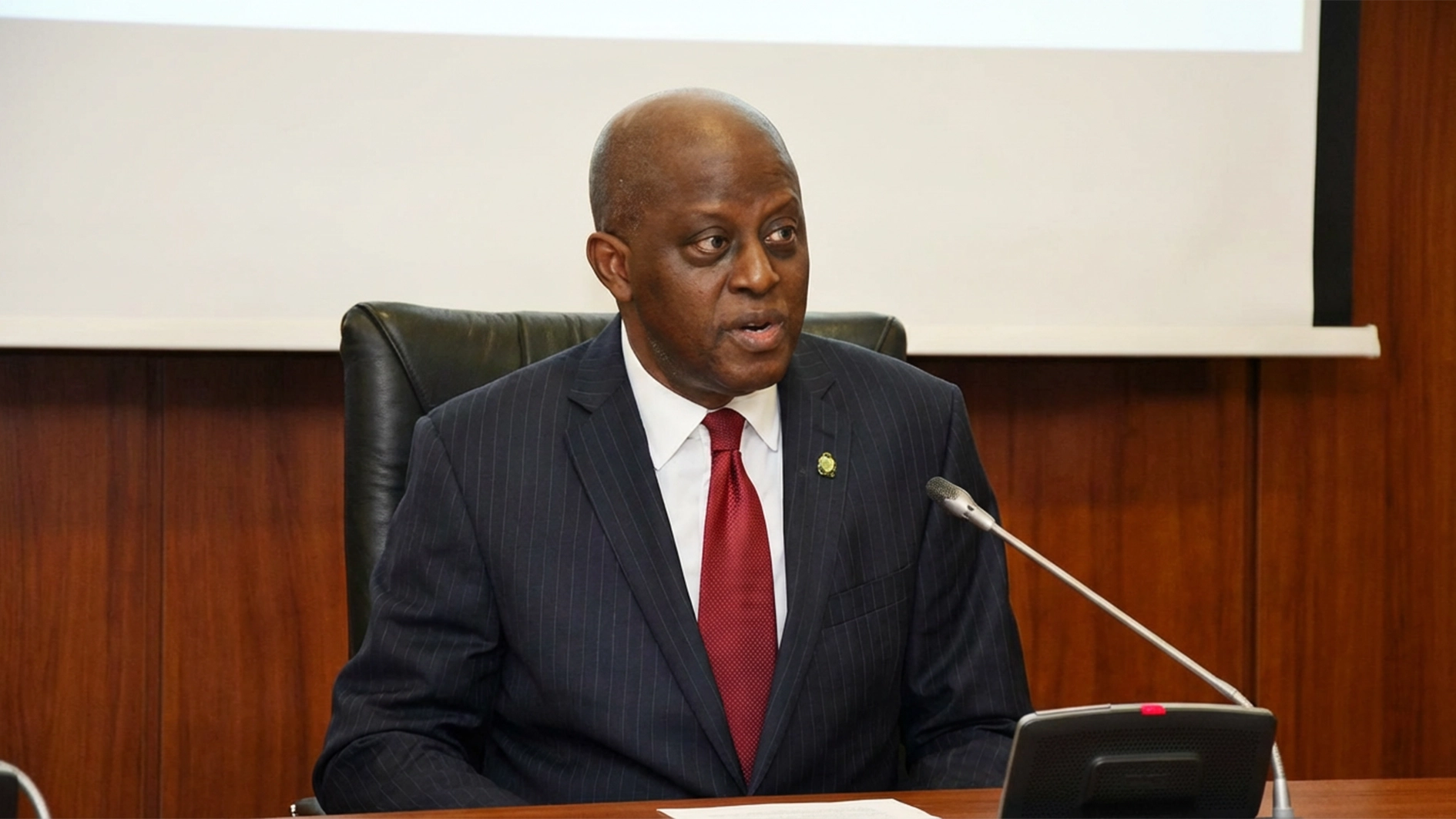Civil rights lawyer Dele Farotimi has described the October 20 commemorations of the #EndSARS protests and the recent demonstrations calling for the release of Indigenous People of Biafra (IPOB) leader, Nnamdi Kanu, as powerful reminders of Nigeria’s unresolved contradictions and selective justice.
In an interview reflecting on both events, Farotimi said the treatment of protesters across the country underscores how state institutions have turned against citizens instead of serving them. He noted that the pattern of police crackdowns, arbitrary detentions, and disregard for court orders paints a grim picture of a nation still struggling to define what citizenship means.
“Five years ago, unknown number of Nigerians were murdered by men purportedly members of their own armed forces. It is a sad commentary on the country we have built up till today,” he said.
“We can’t even agree on the facts because the truth is in the face, but men are still arguing against the grain of the truth.
“Second thing is that when you pay attention, you see very quickly that after 26 years of our democracy, the Nigerian victim, who we euphemistically refer to as citizen, does not even have the right to express their pains. I’m not even talking about their rights, but their pains. Yemi Adamolekun was assaulted at the Lekki Toll Gate exactly five years after the state killed men and women there.”
Farotimi criticised the government’s handling of Monday’s #FreeNnamdiKanu protest in Abuja, during which demonstrators were reportedly tear-gassed and beaten.
“Those asking for Kanu’s release were assaulted in the open, while terrorists, euphemistically called bandits, roam freely and grant interviews. That is the contradiction,” he said.
The lawyer argued that the Nigerian justice system operates on “two parallel tracks”—one harsh on dissenters and the other lenient on violent offenders.
“How do you tell people to respect a judicial system that only functions when the executive approves?” he asked. “It is difficult to tell anyone to trust a process that has been gagged and handcuffed.”
He added that Kanu’s continued detention, despite court orders granting him bail, reflects “a justice system that serves power, not principle.”
Farotimi also faulted the government’s justification for dispersing protests on the grounds of maintaining public order, saying such actions undermine constitutional rights.
“In a democracy, citizens should never need a police permit to protest. The police are supposed to provide security, not permission,” he said. “Our judiciary has become unfit for purpose. It obeys the executive and ignores justice.”
Farotimi said the root of Nigeria’s crisis lies in its failure to treat its people as equal citizens. He argued that the grievances of the Igbo, which fuel Kanu’s movement, are shared by many Nigerians who feel marginalised and voiceless.
“The Nigerian citizen is essentially a Biafran. The question to ask is this: Why is Nnamdi Kanu agitating? And why is he supported by the rank and file of Ndigbo? A lot of people are unhappy with his methodologies. Yes. But there has been nobody who has been able to come out to credibly challenge the genuineness of the grievances that he’s fighting against. Let us be clear. I have been very vocal in condemning his method but nobody in their right mind can argue against the fact that Ndigbo, just like every other Nigerian who is not a member of the ruling class, has been seriously marginalised in Nigeria and is not even treated decently like a human being.
He accused the government of being more tolerant of “repentant terrorists” than of peaceful protesters and critics.
On the violence and displacement in northern and central Nigeria, Farotimi said it amounted to “a long-running genocide against Christians and minorities,” alleging state complicity in the insecurity crisis.
“The Nigerian state is complicit,” he said. “The victims are largely Christians and minorities in the northeast, northwest, and Middle Belt. I don’t need the Americans to tell me that.I don’t need the Americans to tell me what I have seen, what I have heard and what eyewitnesses have told me. The complicity of the Nigerian state has been established beyond reasonable doubt. And they should stop lying to themselves and face the fact of what is before us.”
For Farotimi, both the #EndSARS anniversary and the #FreeNnamdiKanu protests point to one truth—that Nigeria’s democracy remains fragile because its citizens are yet to be treated as human beings with rights and dignity.






